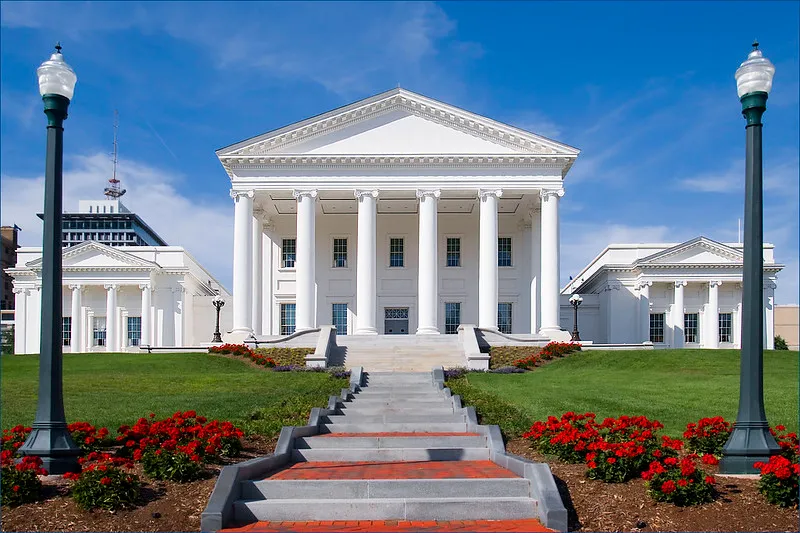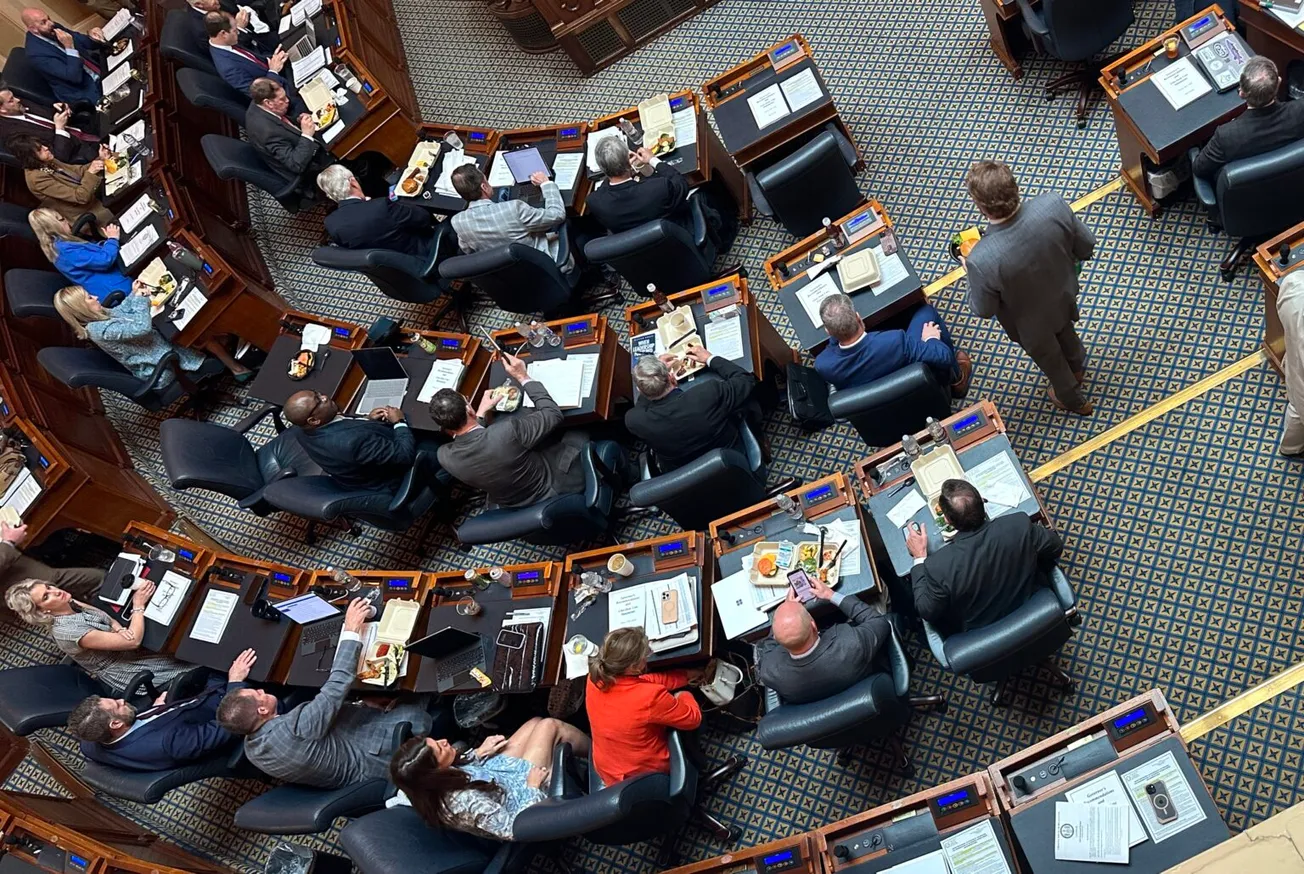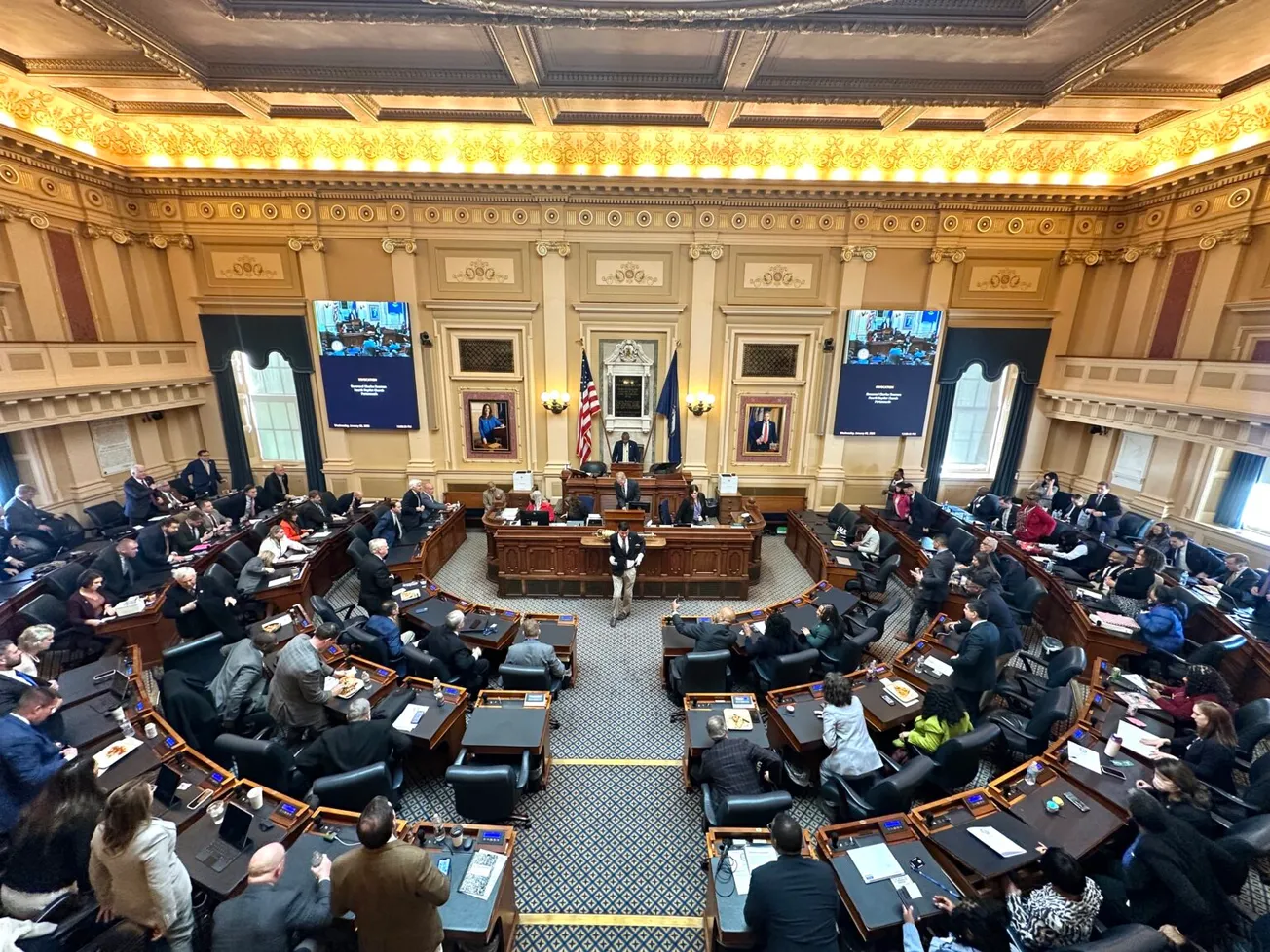General Assembly 2025 — General Assembly — Roseshire — Churchill Downs — Colonial Downs — historical horse racing — Glenn Youngkin — Schuyler VanValkenburg — Top News
Proposed Virginia budget amendments maintain referendum mandate for planned Henrico gaming facility





